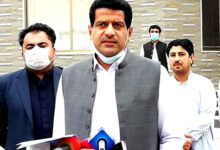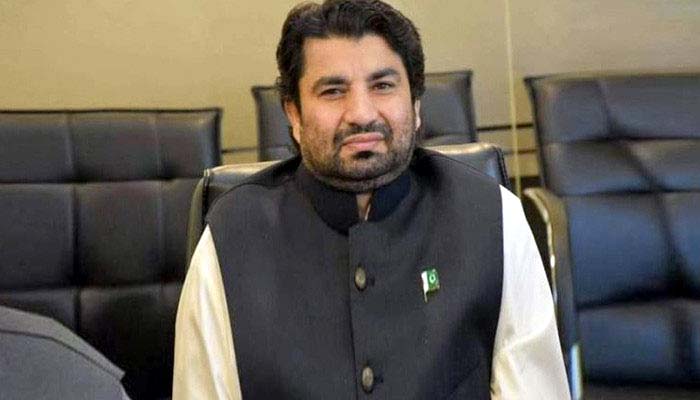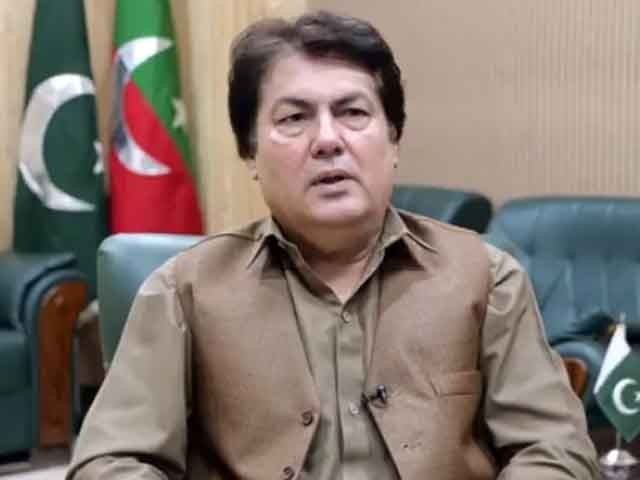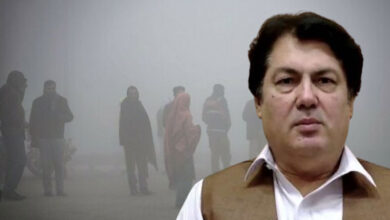President Zardari Raises Objections Over Madrassa Registration Bill; JUI Responds
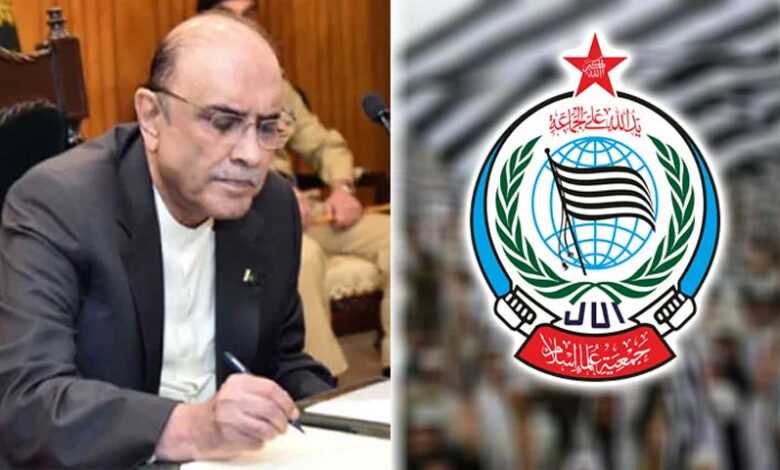
Islamabad:President Asif Ali Zardari has raised eight key objections regarding the proposed Madrassa Registration Bill, which seeks to register religious schools (madrasas) under the Societies Registration Act of 1860. Zardari’s concerns primarily focus on potential international repercussions, including the possibility of sanctions under the Financial Action Task Force (FATF) and the Generalized Scheme of Preferences (GSP).
### Key Objections Raised by the President:
1. **Risk of International Sanctions:**
The President expressed fears that registering madrasas under the Societies Registration Act could expose them to international scrutiny, potentially leading to FATF and GSP-related restrictions.
2. **Conflict Between Religious and Fine Arts Education:**
Zardari raised concerns that including both religious education and fine arts within the scope of the bill could cause conflicts, especially as fine arts under the Act include activities like dance and art classes, which may clash with religious education.
3. **Lack of Consistency in the Act:**
The President noted that the current Societies Registration Act of 1860 does not mention religious education and is primarily focused on civil society organizations, which could create legal ambiguities and weaken regulatory oversight.
4. **Global Implications:**
The President recommended that any legislation regarding madrassa registration should consider global political and diplomatic implications, especially concerning international relations and economic factors.
### JUI’s Response:
In response, the spokesperson for the Jamiat Ulema-e-Islam (JUI), Aslam Ghori, called President Zardari’s objections “surprising” and argued that they had been raised outside the constitutional timeframe. According to Ghori, the objections should have been submitted earlier and sent to the National Assembly Speaker. He further stated that the objections had already been addressed and that the President had not proposed any solutions to the concerns raised.
1. **No New Proposals from the President:**
Ghori criticized the lack of constructive proposals or solutions from the President’s office, claiming that the objections were politically motivated. He also suggested that the President might be under external pressure, pointing to possible foreign influence in shaping the objections.
2. **Legal and Constitutional Concerns:**
The JUI emphasized that the objections should have been resolved within the legal framework and not reintroduced after a response had already been provided to the original concerns.
The debate over the Madrassa Registration Bill has highlighted tensions between religious parties and the government over the regulation of religious schools in Pakistan. While the government seeks greater oversight, religious groups remain concerned about preserving the autonomy and independence of their institutions.
This issue is expected to continue to spark political and legal discussions, with both sides preparing for a possible confrontation in the parliament.

